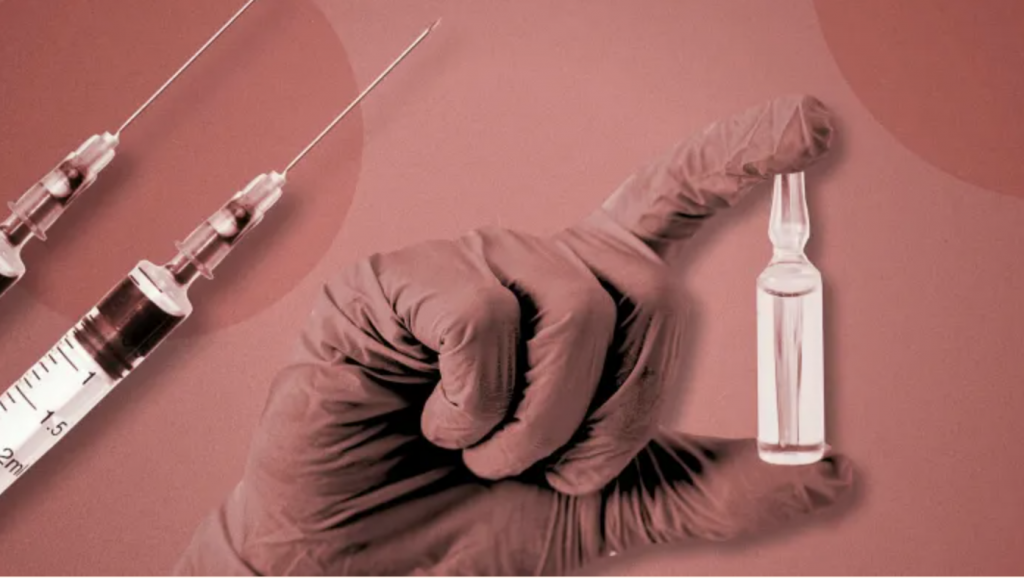
Patent Waivers for COVID-19 Vaccines: Too Little, Too Late?

On May 5th, Ambassador Katherine Tai, United States Trade Representative, released an unprecedented statement before the general council of the World Trade Organization (WTO) in support of a temporary patent waiver for COVID-19 vaccines. “This is a global health crisis, and the extraordinary circumstances of the COVID-19 pandemic call for extraordinary measures,” Tai’s statement began. “The Administration believes strongly in intellectual property protections, but in the service of ending this pandemic, supports the waiver of those protections for COVID-19 vaccines.”1,7 But are waivers enough to solve distributional and manufacturing challenges? And if so, as the pandemic ravages the developing world, are they coming too late?
US support for temporary COVID-19 vaccine patent waivers
Tai’s statement outlines an historic departure from precedence in regard to the US’ stance on intellectual property, citing the need to quickly scale up vaccine distribution and manufacturing efforts. US patent laws guarantee pharmaceutical companies sales monopolies for medications resulting from proprietary technology and research for 20 years.1 In April, the US, joined by Britain, the European Union, and Japan, blocked renewed proposals to waive patent rights during the 8th meeting the WTO had had on the subject. Trade-Related Aspects of Intellectual Property (TRIPS) waivers were initially proposed last October, spearheaded by South Africa and India who have since been joined by representatives from more than 100 developing countries, as a way to bolster global vaccine supply and expand access to generic vaccines.8,9
Equity concerns raised
Many developing nations have cited equity concerns, pressuring governments in developed countries where most of the vaccines have been patented to back waivers. “It is totally unfair that rich countries, who have enough vaccines to protect their citizens, are blocking the TRIPS waiver, which could help poorer countries get the vaccines they need,” said Nobel Laureate and Professor Muhammad Yunus. “For the rich world, this proposed act of human solidarity to ensure that medicines and vaccines get to the whole human family simultaneously is in their own self-interest, not just an act of charity.”9 While developed nations have benefited from high vaccination rates, less than 1% of individuals in developing countries worldwide have been vaccinated.
Patent waivers are not a panacea to address vaccine challenges
Matthew Kavanagh, a public health researcher at Georgetown University, noted that the Biden-Harris administration’s support for patent waivers represents a “major shift in US policy in a pro-public-health way.” Some experts, however, are less enthusiastic, viewing this as a more symbolic gesture than a practical solution to global vaccine distribution challenges. “My take is: by itself, it will not get us much benefit in increased manufacturing capacity,” Prashant Yadav, senior fellow at the Center for Global Development, said. “But as part of a larger package, it can.”3
Patent waivers are certainly not a panacea to address vaccine challenges, and would by no means represent a quick solution. Despite US support for temporary patent waivers, enacting this policy would require lengthy negotiations and approval from all 164 member nations in order to waive WTO’s Trade-Related Aspects of Intellectual Property (TRIPS) agreement. “Negotiations will take time given the [WHO’s] consensus-based nature,” said Tai.7 Echoing this sentiment, Lawrence Gostin, director of the O’Neill Institute for National and Global Health Law at Georgetown University, noted that “we’re not talking about any immediate help for India or Latin America or other countries going through an enormous spread of the virus… While they’re going to be negotiating the text, the virus will be mutating.”3 Even if patent waivers were to be approved by the WTO’s general council, any effects stemming from the waivers on vaccine capacity are unlikely to be seen before 2022.
Patent waivers represent a promising first step, alone are insufficient
Overall, IP is only one barrier preventing widespread manufacturing. Moderna’s decision last October announcing it would not enforce its patents has had little effect on global supply, a clear example of how patent waivers alone are insufficient to promote production.6 However, waivers are widely seen as the first step toward addressing distributional challenges and overcoming manufacturing hurdles. “First we need to remove patent obstacles,” said Rachel Cohen, US director for the non-profit Drugs and Neglected Diseases initiative. “Second we need to transfer the knowledge on how to make them, and step three is a massive investment in manufacturing capacity.”5
At this stage of the pandemic, as countries like India and South Africa are experiencing record numbers of COVID-19 infections and deaths, governments should be focusing not just on patents, but production. Difficulties sourcing messenger RNA technology, raw materials shortages, and a lack of specialized manufacturing facilities and local expertise are additional barriers that have prevented widespread COVID-19 vaccine production.2 Pharmaceutical companies like Pfizer and AstraZeneca who have retained patent rights need to work closely with manufacturers in developing countries, bolstering the COVID-19 Vaccines Global Access program to expand access to vaccine technology and know-how while ensuring that surplus doses are shared with countries experiencing vaccine shortages.10 Furthermore, in the spirit of global solidarity, export restrictions and trade barriers for raw materials used in COVID-19 vaccines should also be lifted.4
Overall, while IP waivers are insufficient to single-handedly eliminate vaccine shortages in the developing world, they are undoubtedly necessary and represent a promising start to stemming the pandemic.
References:
BCPHR.org was designed by ComputerAlly.com.
Visit BCPHR‘s publisher, the Boston Congress of Public Health (BCPH).
Email [email protected] for more information.
Click below to make a tax-deductible donation supporting the educational initiatives of the Boston Congress of Public Health, publisher of BCPHR.![]()
© 2025-2026 Boston Congress of Public Health (BCPHR): An Academic, Peer-Reviewed Journal
All Boston Congress of Public Health (BCPH) branding and content, including logos, program and award names, and materials, are the property of BCPH and trademarked as such. BCPHR articles are published under Open Access license CC BY. All BCPHR branding falls under BCPH.
Use of BCPH content requires explicit, written permission.